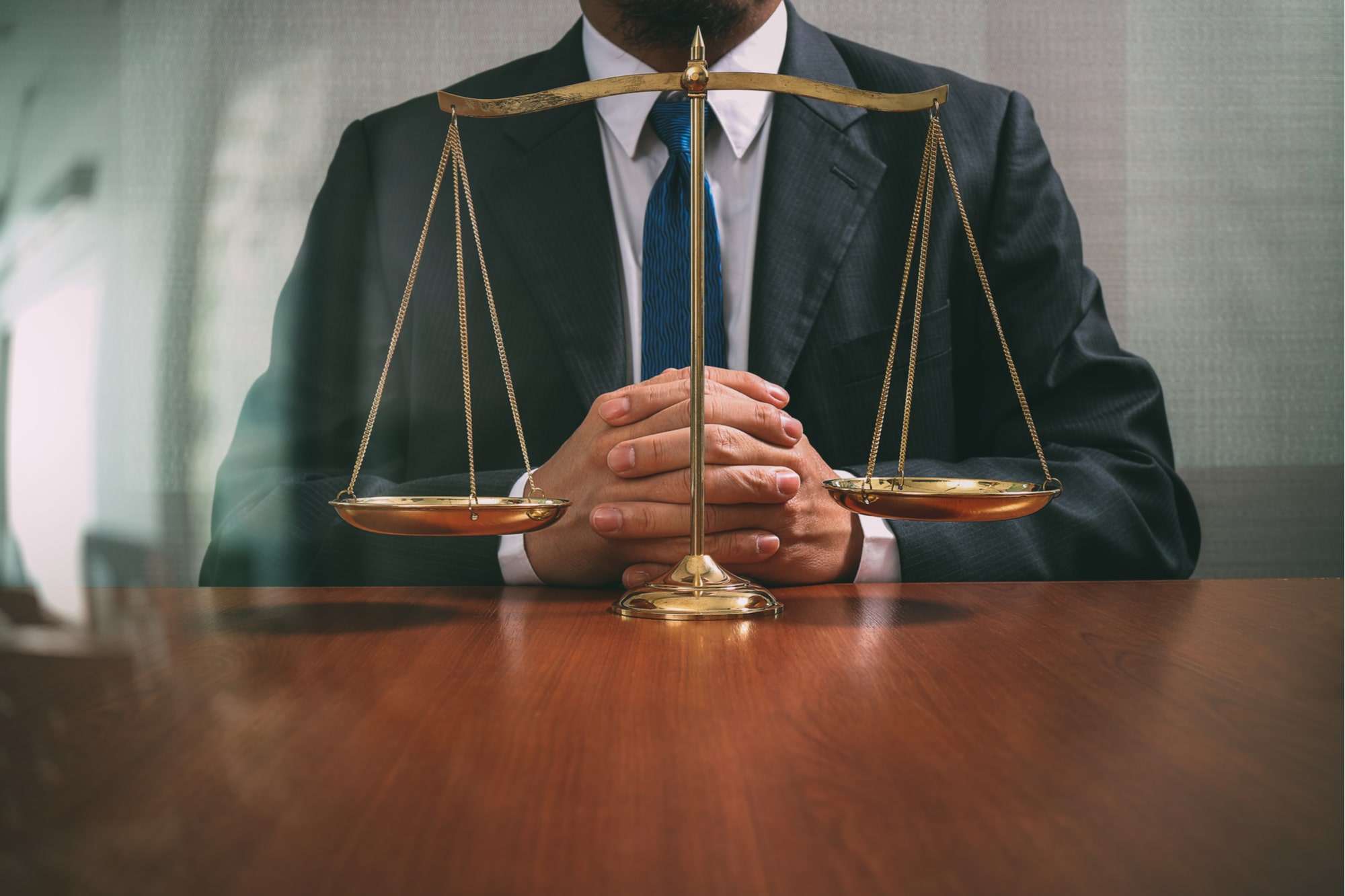



Depositions are one of the most important parts of the discovery phase that allows both parties in a personal injury case to gather relevant information. A deposition is similar to a testimony given on a witness stand in a court – the main difference between the two is that depositions take place in a private setting, generally in an attorney’s office. You are required to give your statement and answer any questions that you are asked under an oath. Everything is recorded, including statements and facts, word by word by the court reporter so that it can later be used in court proceedings.
During the deposition process, the court reporter transcribes everything that is being said by the deponents. Since these are sworn testimonies, i.e. statements are given under an oath, it allows an attorney to determine what a potential witness may say during the trial, how they may answer to different kinds of questions, and judge the effects of their testimony.
The transcription of the depositions can allow an attorney to come up with questions that may make it easy for the deponent to present their information in front of the jury and judge. Moreover, the deposition can help an attorney to craft an effective strategy for your case based on the results of the deposition.
There are situations when a witness may change their statement from what they said during the deposition, changing the dynamics of the case. In such a situation, the attorney can impeach the witness using the deposition transcript to compel them to the truth. This especially goes in your favor because once the jury sees that a witness tried to lie about something, they will start to question the credibility of the testimony they are giving and make it hard for them to trust the opposition’s claims.
In certain situations, deponents are unable to appear during the trial to give their testimony. This can be due to personal reasons, work-related commitments, sickness, and others. Recorded statements from the deposition of that witness can then be read from the transcript in the court.
If you want to know more about depositions or seeking an attorney who can arrange depositions and fight your personal injury case contact us today at 262.605.8400 to schedule an initial consultation with our experienced attorney and discuss your case to evaluate your legal options.


